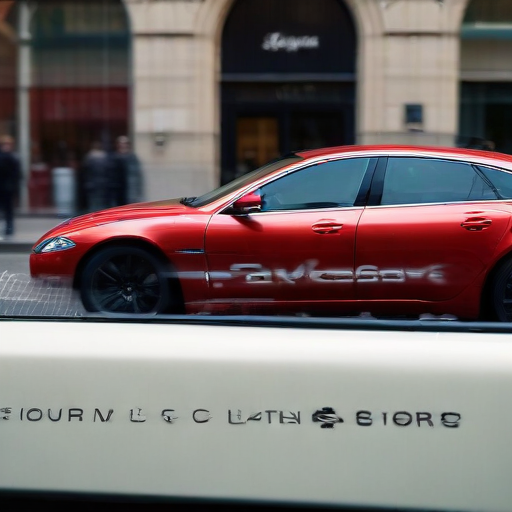Luxury British automaker Jaguar is facing backlash over its latest advertising campaign, which emphasizes inclusivity but neglects to mention its vehicles. The 30-second promotion, shared across various social media platforms, showcases diverse models representing different ages, genders, and races while featuring phrases like “live vivid” and “delete ordinary” set to a minimalist techno beat. This campaign is a part of Jaguar’s rebranding efforts towards electric vehicles, aiming to refresh its image after a period of declining sales.
However, the reception online has been mixed, with many expressing confusion and ridicule about the decision to highlight models rather than cars. Tech entrepreneur Elon Musk humorously questioned Jaguar’s focus, asking, “Do you sell cars?” on his social media platform X, where the ad has attracted over 90 million views and sparked countless comments. Some users are skeptical, suggesting the rebrand could either be an innovative marketing strategy or a significant misstep for the brand.
Experts have pointed out that the messaging of the ad may feel out of sync with current cultural trends and political contexts. Lulu Cheng Meservey, a strategic communications founder, remarked that the advertisement’s tone seems mishandled, particularly considering the prevailing climate surrounding marketing and inclusion.
Historically, companies have tried to align their branding with progressive movements, but recent events have seen various corporations reconsider their stance due to potential pushback from consumers. Brands like Bud Light and Boots faced significant backlash after similar controversial campaigns, prompting discussions within boardrooms about the future of diversity, equity, and inclusion efforts.
Critics have also noted a lack of clarity regarding the target audience of Jaguar’s campaign. Meservey highlighted that if Jaguar moves away from appealing to its traditional demographic, it needs to define a new lucrative market.
Despite the criticism, Jaguar has indicated that more information will soon be unveiled and has paused the sale of new models in the UK ahead of its transition to an all-electric lineup by 2026. This strategic shift is part of an investment plan aiming to revitalize its UK manufacturing presence and adapt to the evolving automotive market.
In summary, while Jaguar’s new campaign has sparked debate and received mixed reviews, it also represents a significant pivot towards sustainability and inclusivity in an industry that is rapidly evolving. Keeping an open dialogue with consumers and clearly defining its brand message could help Jaguar navigate this transformative period successfully and re-engage its audience in an innovative way.
